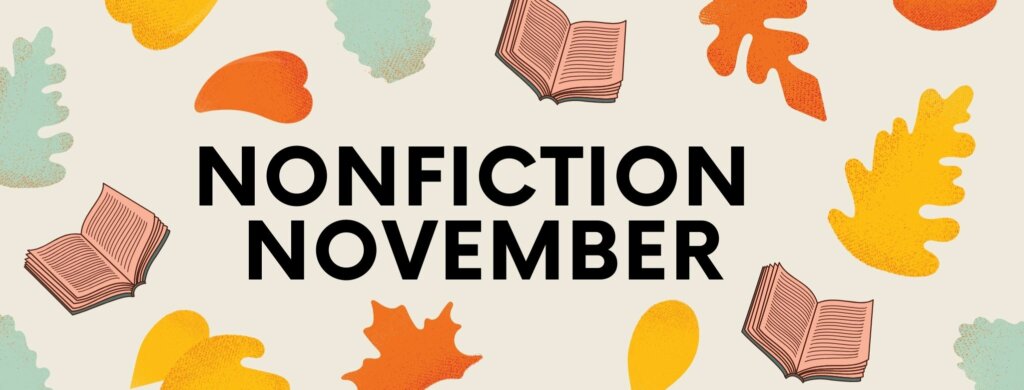When we think of reading as a hobby, our first thought is often weighted towards fiction titles. However, the majority of our daily reading as adults includes autobiographies, newspapers, magazines, Wikipedia, history books, self-help books, travel guides and reviews: all non-fiction texts. This highlights the need for children to be exposed to a rich diet of information books to fully develop skills as life-long readers.
“Non-fiction brings alive subjects in a truly unique way with a wonderful combination of words and images, engaging and stimulating children at all ages and abilities; enticing and capturing attention in a way that fiction often cannot.”
Recently there has been a development of such high-quality non-fiction texts with illustrations explaining concepts, events and processes, often set out in imaginative ways. There is now a wealth of titles available that reflect our diverse world, focusing on children’s interests, topical issues and curriculum areas. When sharing information books at bedtime, my son loves to choose the page we will read that night: taking in all the detailed images; interacting with moving parts of the page; repeating facts and naturally asking questions to deepen his understanding.
The use of non-fiction texts offers the opportunity to develop a different, specific skill set in terms of reading. There is a huge focus on background knowledge and children’s vocabulary is developed, especially in terms of topic words. Non-fiction texts often have an informative tone and authors make use of different language features. Retrieval strategies in particular can be developed using these titles and they are unique in that they not intended to be read cover-to-cover, but rather to dip in and out of according to interest and need.
“Humans have the unique ability to communicate through spoken and written language. Our amazing ingenuity and creativity have also resulted in the development of a wide range of other ways to communicate using science and technology, different art forms and transportation networks.”
The Federation of Children’s Book Groups
This year’s theme of National Non-Fiction November is ‘Communication’, in which the ability for humans to use language and find other ways to communicate is celebrated. Organised by the Federation of Children’s Book Groups, their website contains booklists and ideas for activities and visits to promote non-fiction within the classroom. There is also a competition for 5 to 12-year-olds, to write and illustrate their own ‘An Interview with…’ title.
Non-Fiction Top Texts
An inspiring selection of non-fiction titles in your classroom or school library can ignite children’s interests and curiosity. It gives the children scope to delve deeper into topics they are particularly intrigued by, beyond the limits of the curriculum, and helps them to understand and make sense of the world around them.
Here are some suggestions for texts to include in your school’s non-fiction library:
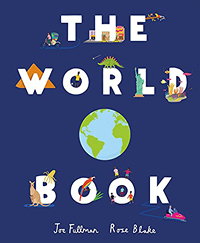
The World Book – Joe Fullman and Rose Blake
This beautifully-illustrated atlas contains fascinating facts about the world around us, sparking children’s interests in different continents and countries and helping them realise how vast and diverse our planet is.
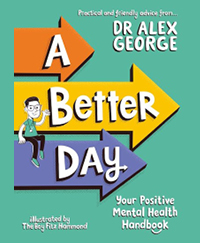
A Better Day: Your Positive Mental Health Handbook – Dr Alex George
Youth Mental Health Ambassador Dr Alex George’s handbook of practical tips and advice to support young people to look after their mental health, whilst reiterating the important message that things can always get better.
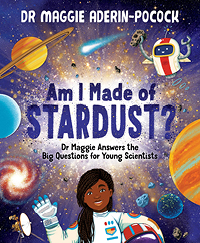
Am I Made of Stardust? – Dr Maggie Aderin-Pocock and Chelen Ecija
Dr Maggie provides answers to the questions that many children will have wondered about space whilst gazing at the night sky. A fascinating and beautifully-illustrated book that children will want to pick up again and again.
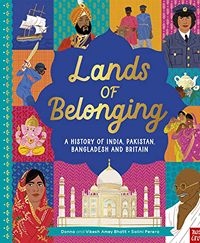
Lands of Belonging: A History of India, Pakistan, Bangladesh and Britain – Donna Amey Bhatt, Vikesh Amey Bhatt and Salini Perera
This book explores the rich, complex and often challenging history of the countries of India, Pakistan, Bangladesh and Britain over past centuries, as well as celebrating South Asian culture which helps shape our country today.
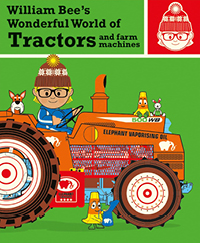
William Bee’s Wonderful World of Tractors and Farm Machines – William Bee
Young vehicle enthusiasts will love William Bee’s series of texts with wonderfully detailed illustrations, this particular one explaining all about tractors and how machinery is used to help with jobs on a farm.
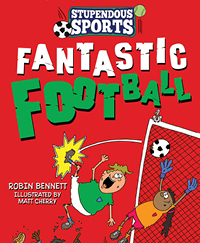
Stupendous Sports: Fantastic Football – Robert Bennett and Matt Cherry
With the start of the 2022 World Cup this month, children will be keen to read this interesting and often humorous guide to all things football, written in a similar fashion to the ‘Horrible Histories’ series.

Peter’s Baking Party – Peter Sawkins
Any budding cooks will love this bright and fun recipe book by the youngest ever Great British Bake-Off winner, Peter. He shares his top tips, helps children get to grips with the basics of cooking and gives them the confidence to try their hand at baking.
If you would like further support in developing a reading spine for your school or building a book-led curriculum, then please contact the the One Education Literacy Team.
Teaching Non-Fiction Texts Using Reading Gems
It is important to cover a range of non-fiction in guided reading sessions alongside fiction and poetry. Having the opportunity to cover quality non-fiction texts in depth will help children to develop their understanding of the genre, whilst extending their vocabulary and widening their knowledge of the given subject area.
Free Resource
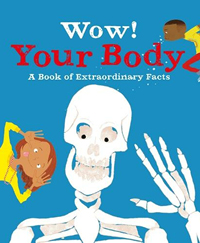
KS1 Reading Gems Plan for Wow! Your Body – A Book of Extraordinary Facts
The focus of this Year 1 guided reading unit is retrieval, with children learning how to read the text through teacher modelling, discussion, practise and application.
The resources shared in this blog post are part of a much larger selection available as part of One Education’s Reading Award. For more information please email catherine.delaney@oneeducation.co.uk









